When asking for something from someone, use please. Two kilos of oranges, please. Could you give these to Anders, please? Please could I borrow this chair? To say that you would like something that someone has offered you, use Yes, please. ‘Would you like some more coffee?’ ‘Yes, please.’ ‘Can…
Read More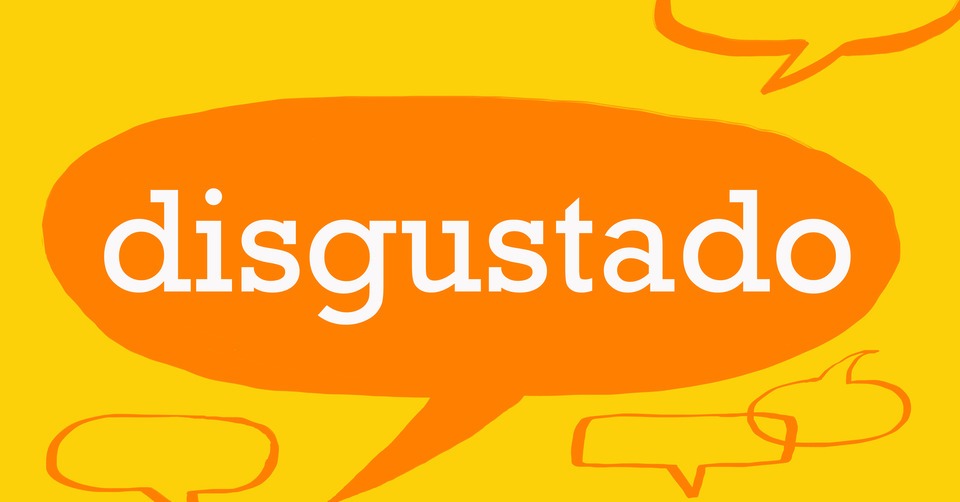

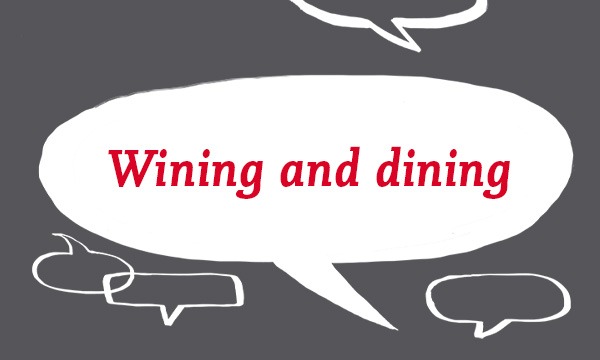
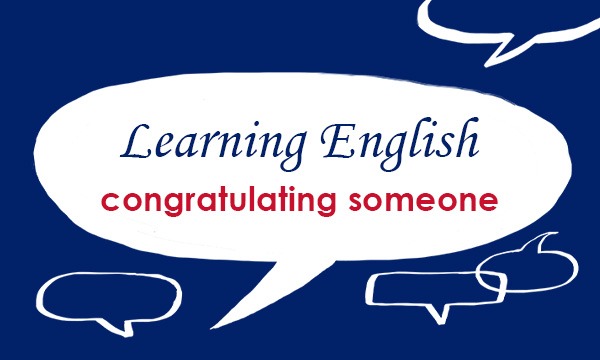
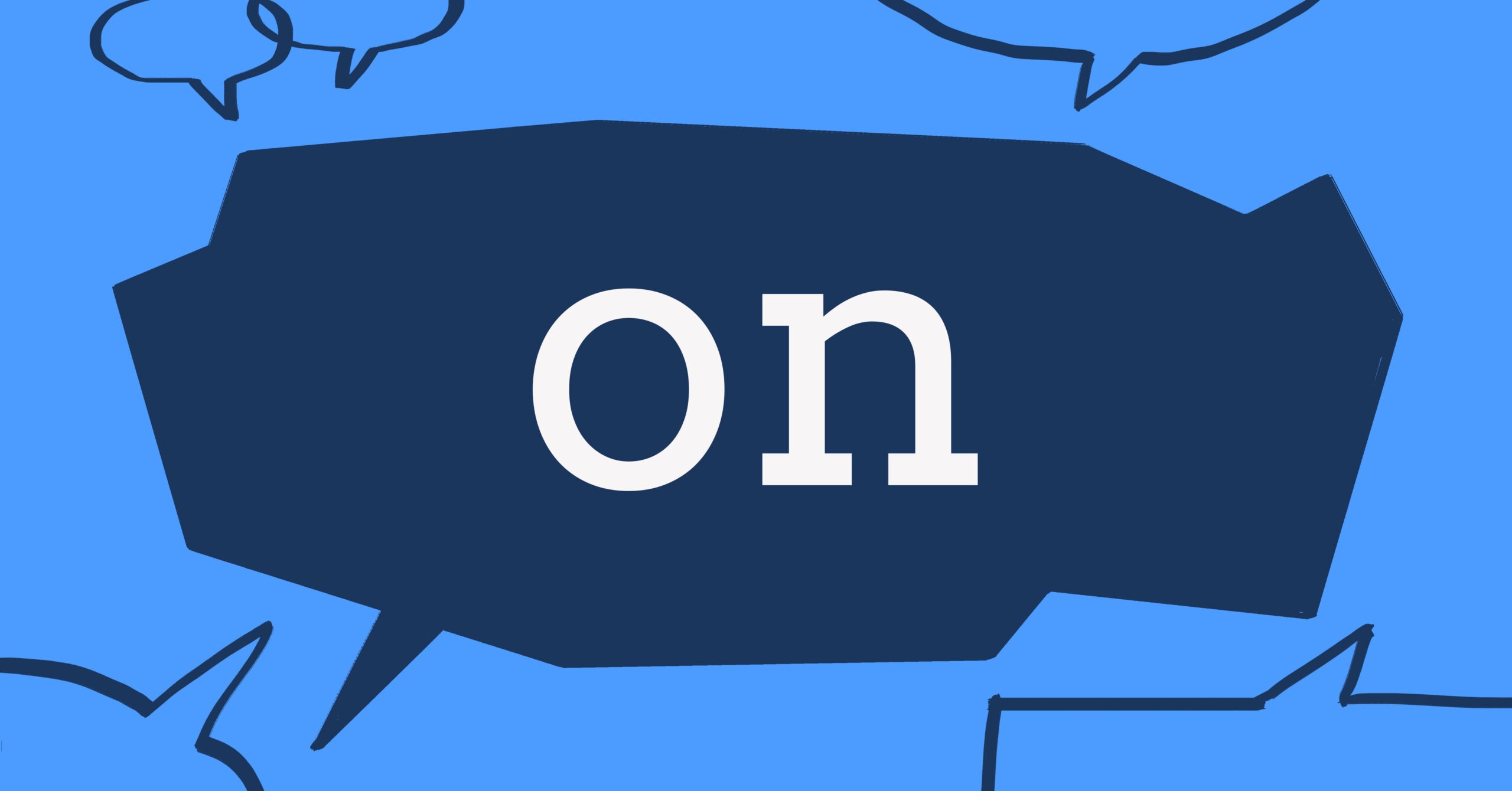
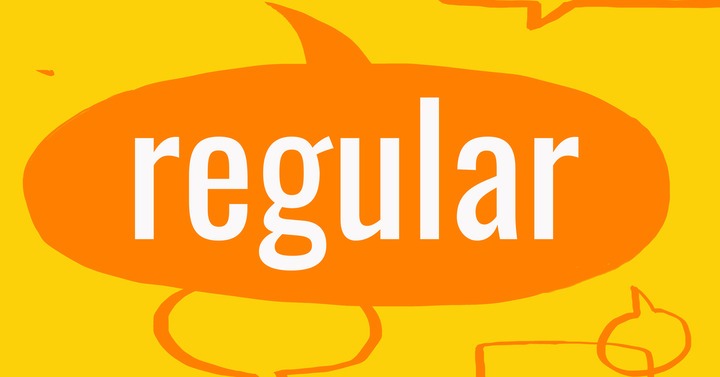
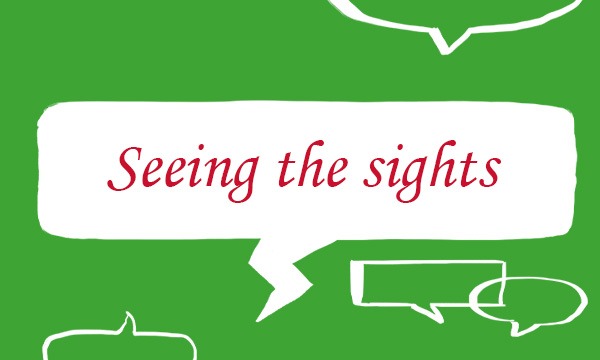
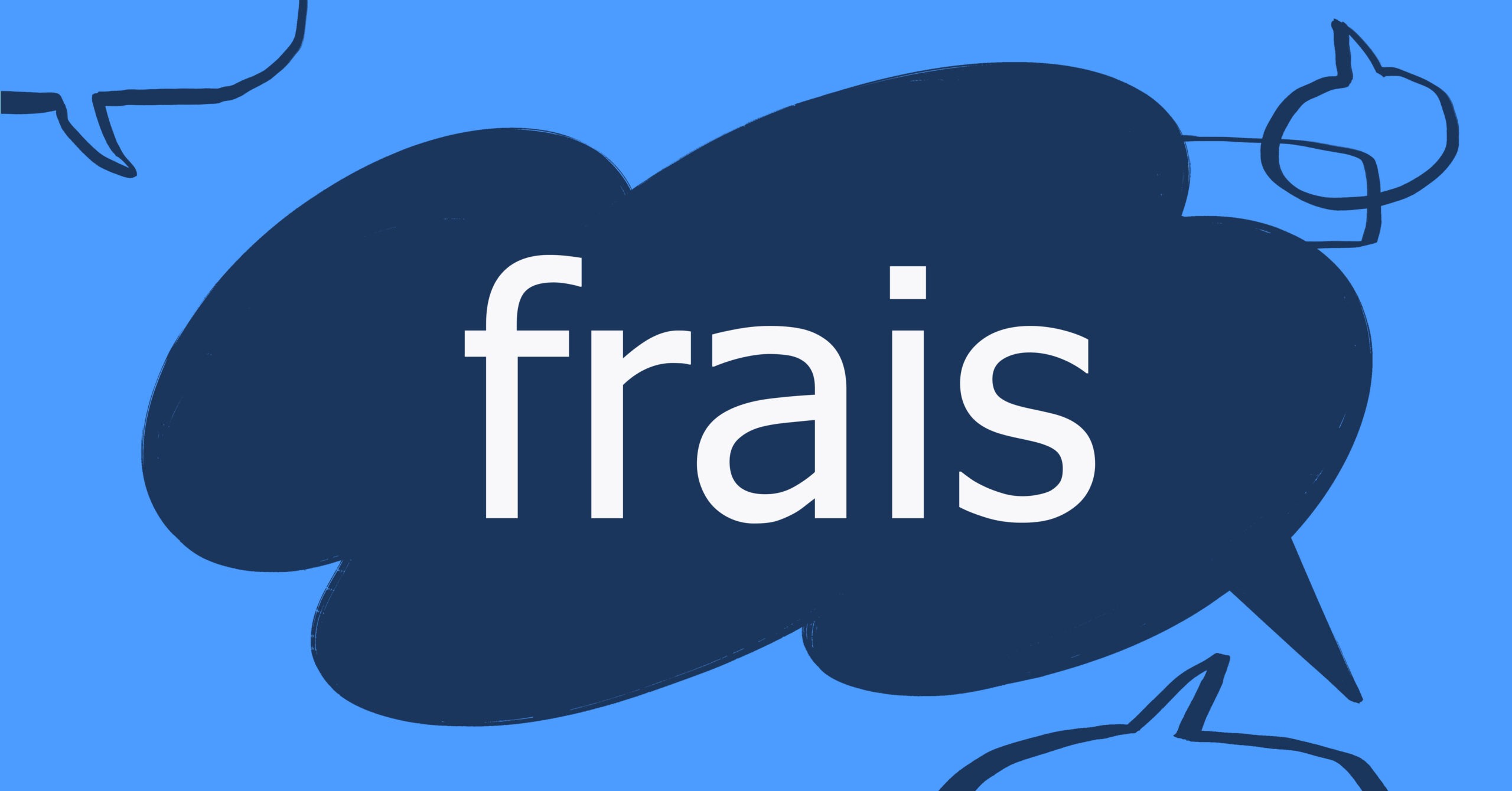
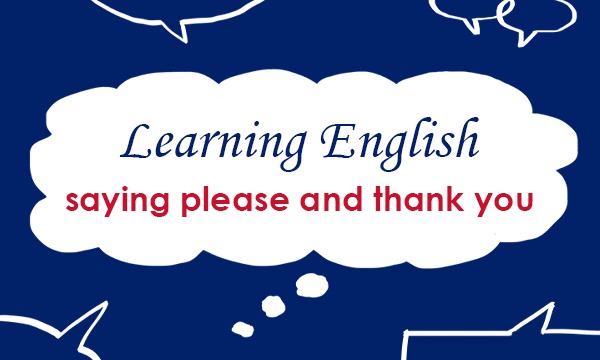
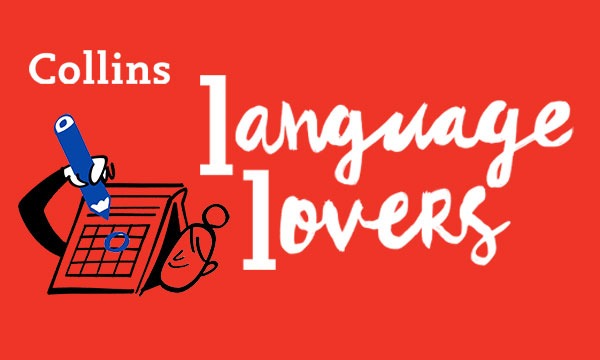
collins_dictionary_official
The home of living language. #wotd #wordlovers #collinsdictionary
Read our word of the week definitions and blog posts: